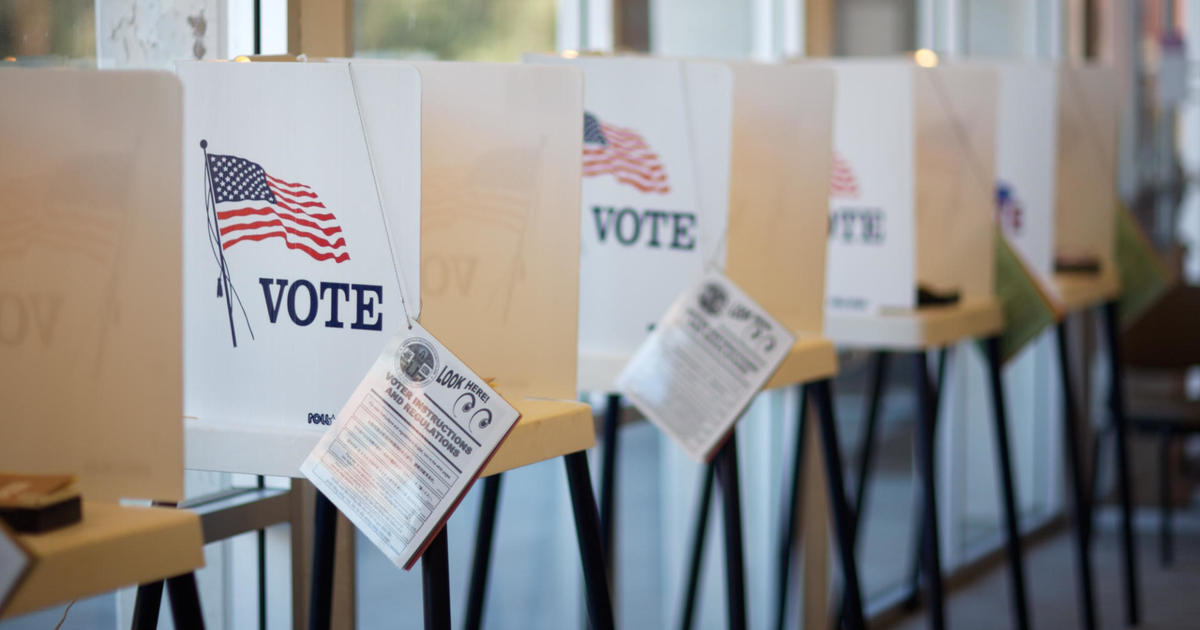Soda Tax Vote: Berkeley Measure D Wins Big, San Francisco Prop E Fizzles
BERKELEY (CBS SF) -- Voters on both sides of the Bay went to the polls Tuesday to decide decide whether they wanted a tax on their Cokes, Pepsis and other sugary soft drinks.
Less than an hour after the polls closed, Measure D in Berkeley appeared to be on its way to passing, with a resounding yes with 73% of votes counted. A few hours later, it was clear San Francisco's Proposition E was going down in defeat. Unlike Berkeley's Measure D which required a simple majority, San Francisco's Prop E needed a two-thirds margin to pass.
Proposition E and Measure D were at the center of a nationwide controversy on whether the government should police America's beverage choices.
Proposition E in San Francisco would have added $.02 per ounce on sugar drinks such as sodas, energy drinks, iced tea and juices. The burden of paying that tax falls on the distributor. Exceptions would include diet sodas, milk, natural fruit and vegetable juices and baby formula.
"Voters know that a new tax on beverages like juice drinks and soda would have driven up grocery prices, and made it more expensive to live and work in San Francisco," Roger Salazar, Prop E spokesman.
In the Measure D camp, the tone was altogether different. "Berkeley has a proud history of setting nationwide trends, such as nonsmoking sections in restaurants and bars," said Yes on D Co-Chair Dr. Vicki Alexander. "We fully expect other communities to take on the soda industry and succeed."
Berkeley's Measure D will add $.01 per ounce on the same high-calorie, sugary drinks. The law makes an exception for drinks distributed to retailers with less than $100,000 in annual gross receipts.
Supporters hope the tax will influence consumers' soda consumption habits much the same way the tax on cigarettes ultimately decreased smoking.
The science has been on the side of the initiatives. A recent study out of UCSF linked soda consumption and premature aging because it speeds up how the body's cells age.
The beverage industry has spent more than $9-million to defeat both initiatives. Opponents said they didn't like the idea of government using taxes to change behaviors, or the impact on the budgets of consumers and businesses.
Proceeds from Prop E would have paid for health and education programs. Monies generated by Measure D in Berkeley will go to a general fund.
Thirty-nine states and the District of Columbia currently tax sodas sold in vending machines.
Before the success of Measure D, the soda companies were on a 4-year winning streak. Thirty bills to levy or raise taxes on sugary drinks have all failed thanks big money ad campaigns funded by various groups.



